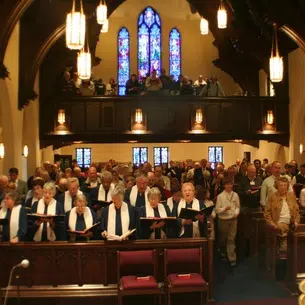By Fabian Cambero
SANTIAGO (Reuters) – Chile’s capital Santiago braced for protests on Monday to mark the second anniversary of the start of months of riots against inequality that left around 30 people dead and a trail of destruction around the city.
The 2019 protests – a mix of large, peaceful marches and smaller, violent riots – triggered a powerful social shift in the Andean country and led to the formation of a representative assembly to redraft the market-oriented constitution.
Chile is headed for polarized presidential and legislative elections on Nov. 21, with voters set to choose between a resurgent progressive left pledging social reforms and conservatives who would stick closer to the status quo in the world’s top copper-producing nation.
In recent days, calls have circulated on social media for demonstrations to be held around the country to commemorate the start of the 2019 protests on Oct. 18.
Last year, tens of thousands of Chileans gathered in the streets to mark the first anniversary with peaceful rallies – which by nightfall devolved into riots and looting, with mobs firebombing a police headquarters and at least two churches.
“We cannot commemorate, much less celebrate, if we have not won anything yet,” read a billboard at the building where an elected assembly is drafting the new Constitution, one of the achievements of the 2019 demonstrations.
The city traffic authority reported roadblocks and the remainder of some barricades in parts of Santiago. A demonstration took place early Monday morning in front of the Costanera Center, a shopping complex that includes an iconic city skyscraper.
The 2019 protests caused $1.6 billion in damages to public and private property, according to official data. The demonstrations, which lasted until the COVID-19 pandemic hit in March 2020, left thousands injured.
The constitutional assembly symbolically chose Monday afternoon to start debate on the content of the new document.
Ahead of the November elections, lawmaker and former student leader Gabriel Boric, is leading in public opinion polls, supported by a leftist coalition. Far-right former lawmaker José Antonio Kast has gained as well, with one poll showing him ahead.
(Reporting by Fabian Cambero; Editing by Adam Jourdan and Jonathan Oatis)




